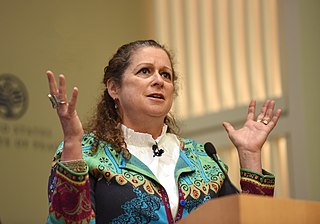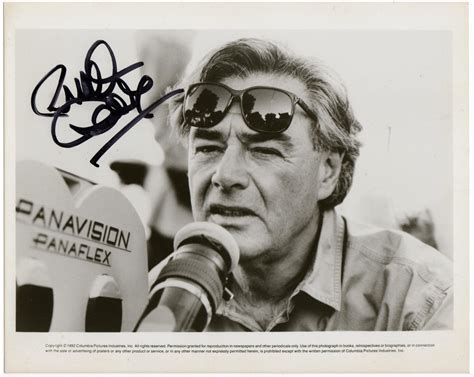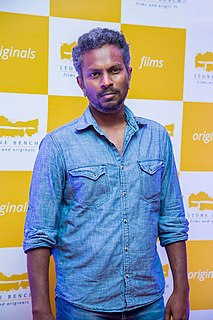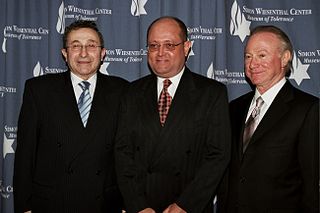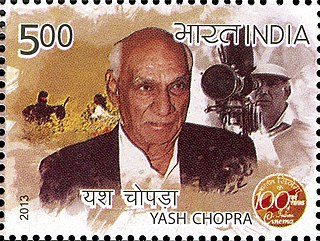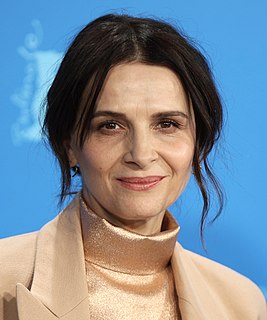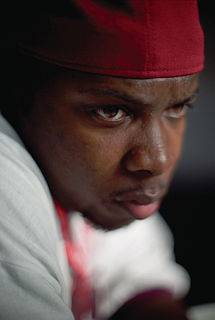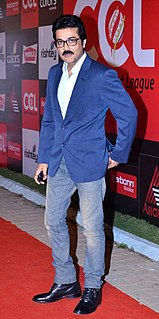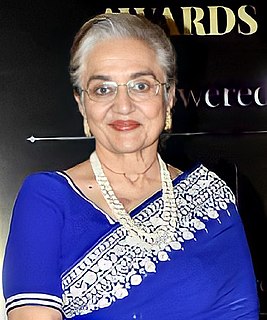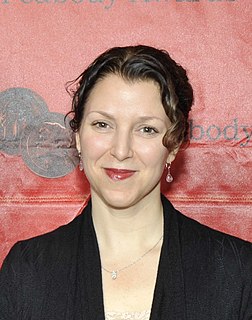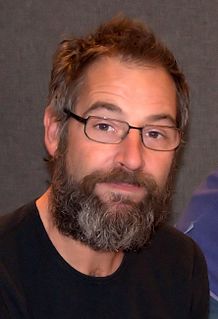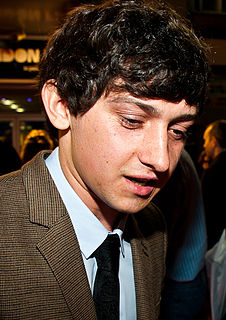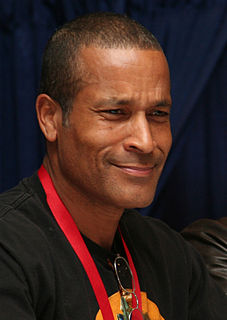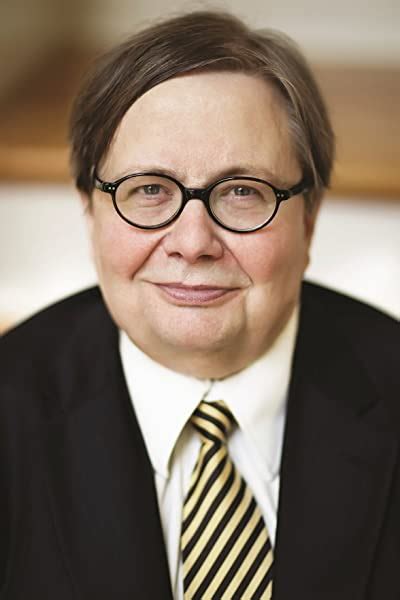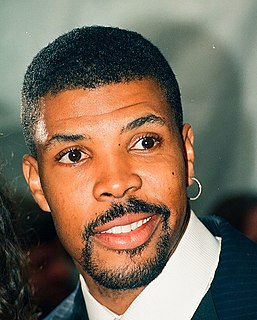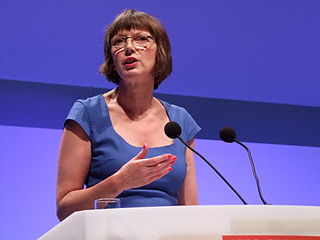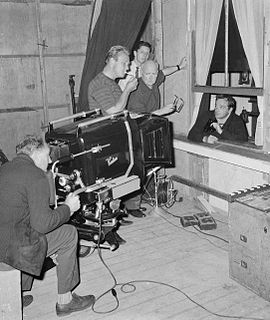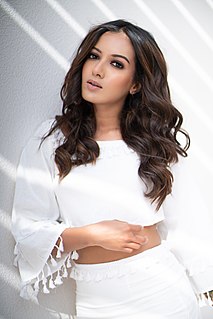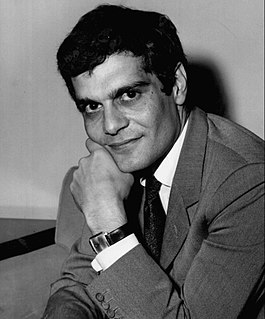Top 1200 Documentary Films Quotes & Sayings - Page 2
Explore popular Documentary Films quotes.
Last updated on April 22, 2025.
There's a real difference between a documentary that was all about facts and history and information. People just don't get as engaged in that kind of documentary - they don't fall in love, they don't cry, they don't forget who they are, they don't ride with you. As we realized we had richer, vérité kind of people, what we wanted to do is focus in on the vérité story.
I first started making films - this is my first feature, but I was making shorts - I was actually freelancing as a day job at The New York Times as an art director. I actually worked with Bill Cunningham and really soon after I met him, I thought, "Oh my God, he's a perfect subject for a documentary."
My feeling is, when you are writing an essay, you don't make anything up. This may be a very Protestant notion, and I'm aware of the fact that memory is fallible, that if I had access to films or some absolute documentary evidence of what happened, it might look different; we get confused and fuzzy.
The vampire or the bad guy, that's what people do remember. Lars von Trier, like Guy Maddin, their films are made for a group of exclusive people who like special films. And they are special films, they are art films. And I started with commercial films at the beginning, and later on, because you know, when you are an actor, you have the same cliché like everybody else, you want to be in big films, you want to be known and all that.
Now documentary evidence is acceptable. What does that mean? If you have documentary evidence that a person served as a guard in one of the death camps and the documents have been authenticated, that is grounds to charge the person with crimes against humanity. And that's why you see the spate of trials previously, for example, in the '70s and the '80s, even in the low '90s. That was not the case until the change in the law.
Twenty to thirty years ago, who was making documentary films? Nobody. Well, relatively few people. It was an art form that had limited theatrical distribution, if any at all. Some television distribution, but relatively small audiences regardless. And in the intervening years it's become more and more popular with a lot of people.
When I hear the word 'documentary,' I don't think certain things should be left out. You've got to keep it 100 percent as much as you can, unless your group has a meeting beforehand and says, 'Yo - don't say this, 'cause boom, boom, boom.' Other than that, it's a documentary so let's document, you know what I mean?
Films have been my only passion in life. I have always been proud of making films and will continue taking pride in all my films. I have never made a movie I have not believed in. However, though I love all my films, one tends to get attached to films that do well. But I do not have any regrets about making films that did not really do well at the box office.
I've been encouraging documentary filmmakers to use more and more humor, and they're loath to do that because they think if it's a documentary it has to be deadly serious - it has to be like medicine that you're supposed to take. And I think it's what keeps the mass audience from going to documentaries.
When I hear the word "documentary," I don't think certain things should be left out. You've got to keep it 100 percent as much as you can, unless your group has a meeting beforehand and says, "Yo -- don't say this, 'cause boom, boom, boom." Other than that, it's a documentary so let's document, you know what I mean?
Somehow, in the novel format, I don't really like to do upfront, ideological discussion. In my heart, literature remains a poetic and ambiguous medium. On the other hand, I trained as a documentary filmmaker in film school, so my films very much reflect reality and socio-political problems. They're less subtle I would say.
My interest in Virtual Reality (VR) films began for me when I began a fellowship with MIT's Open Documentary Lab. It was a profound experience to be on MIT's campus one day a week and to enter a new world of storytelling where breaking convention and traditional methods were expected. This was deeply challenging and inspiring.
In 1993, my first documentary was about the civil war in Algeria. That was in French and in Arabic. Another short film I did was silent. What I'm trying to say is that, yes, I'm Italian, and yes, I make films with Italian money, but personally, I've always been invested in the broader world of film-making.
My hat's off to documentary filmmakers. I don't know if I'm ever going back to it. You're treated like a second-class citizen at most film festivals. You take the bus while everybody else is flown first-class. If you're a feature film director, you're put in a five-star hotel, and if you're a documentary director, you stay in a Motel 6.
I just like voicing films in general. I do a lot of documentary work and it's a short hop really to narrating a character, especially if you're on film and you're there in a visual way. It sounds obvious, but voicing an animation really focuses you on the way that you're communicating through your voice. It's a very specific ability that you need to be able to have in order to pitch it just right.
In a one-hour documentary, you can tell maybe ten stories. That's how the documentary is structured. I wrote to forty of the greatest historians of both African and African-American history, and hired them as consultants. I had them submit what they thought were the indispensable stories, the ones they felt this series absolutely had to include.
There is so much investment in it of people's labor time that it will never make money. But there are other documentaries that you might make that are sort of on assignment for television that turn around in three to six months. Then the margin can be much be better for you because you're not spending three-and-a-half years on it. So I think if you're doing documentary films, that's sort of the way to look at it.
Actually, I can't stand watching violent scenes in films; I avoid watching horror films. I don't tend to watch action films mainly because I find them boring, but I watch the films of David Cronenberg and Martin Scorsese, usually in a state close to having a heart attack. I'm a complete coward. I make violent films as a result of my sensitivity to violence - in other words, my fear of violence.
I didn't see films when I was young. I was stupid and naïve. Maybe I wouldn't have made films if I had seen lots of others; maybe it would have stopped me. I started totally free and crazy and innocent. Now I've seen many films, and many beautiful films. And I try to keep a certain level of quality of my films. I don't do commercials, I don't do films pre-prepared by other people, I don't do star system. So I do my own little thing.
Above all, documentary must reflect the problems and realities of the present. It cannot regret the past; it is dangerous to prophesy the future. It can, and does, draw on the past in its use of existing heritages but it only does so to give point to a modern argument. In no sense is documentary a historical reconstruction and attempts to make it so are destined to failure. Rather it is contemporary fact and event expressed in relation to human associations.

